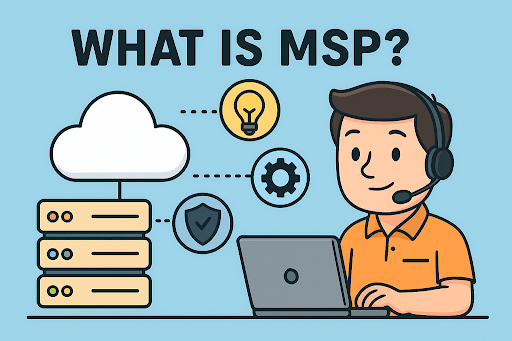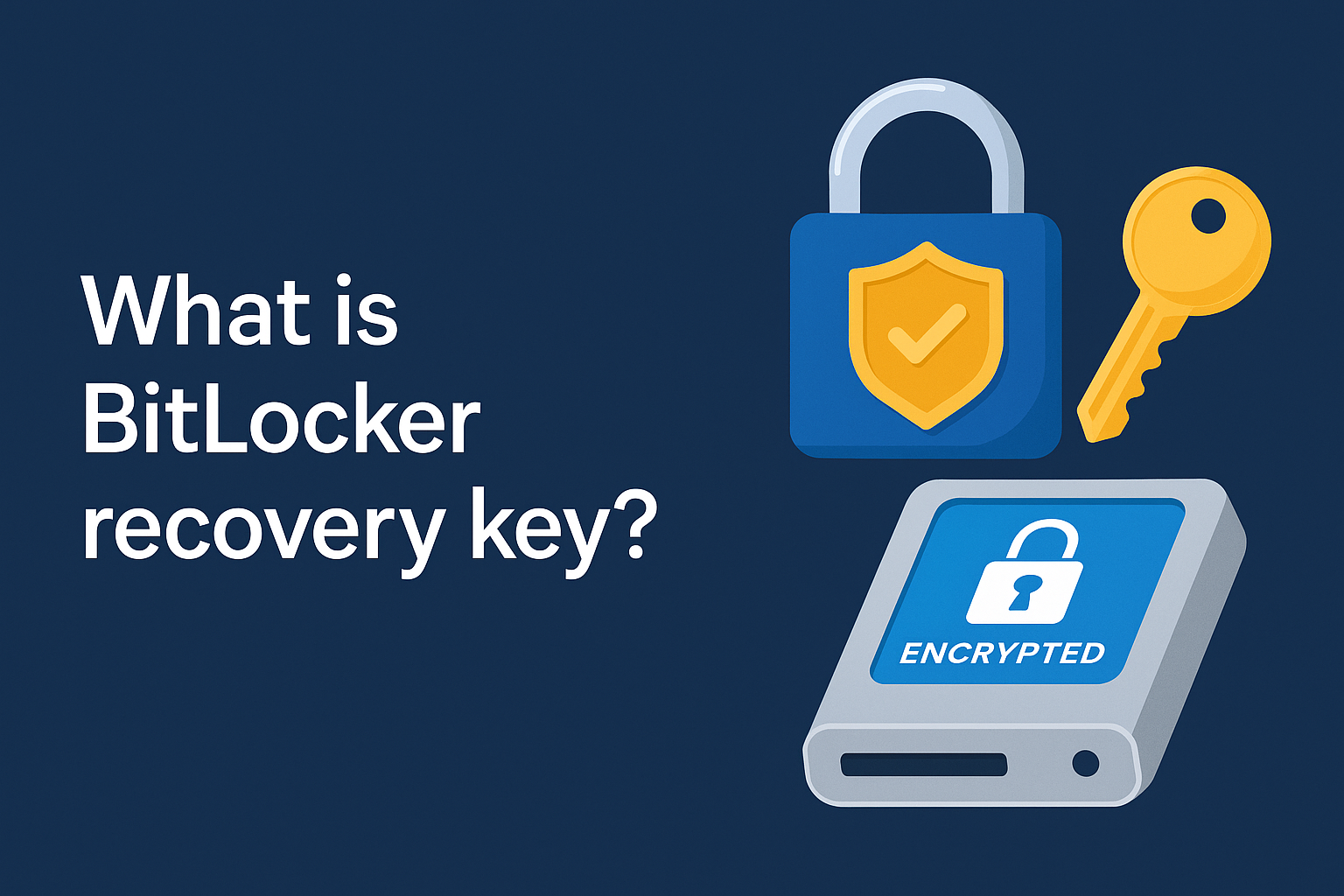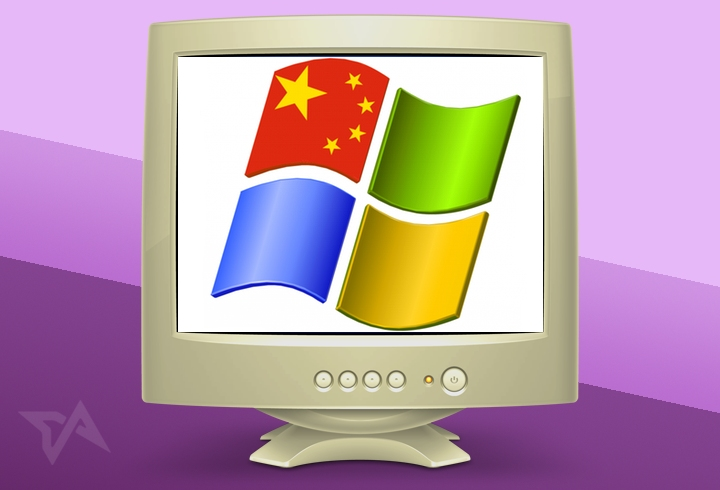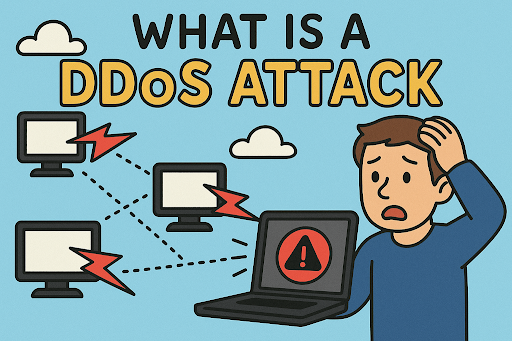What is MSP? A Complete Guide to Managed Service Providers
Updated on July 3, 2025, by Xcitium

In today’s complex digital ecosystem, businesses—especially small to medium-sized ones—face growing demands for reliable IT infrastructure. That’s where Managed Service Providers (MSPs) step in. But exactly what is MSP, and why is it crucial for modern organizations?
An MSP (Managed Service Provider) is a third-party company that proactively manages a business’s IT infrastructure and end-user systems. From cybersecurity to network maintenance, MSPs offer specialized support that helps organizations scale securely and cost-effectively.
Let’s dive deeper into the world of MSPs to understand how they operate, who needs them, and what makes them essential to your cybersecurity posture.
Table of Contents
- What Does MSP Stand For?
- MSP Meaning in Modern Business
- MSP Examples Across Industries
- Benefits of Hiring a Managed Service Provider
- Network Managed Service Providers Explained
- MSP vs In-House IT: Key Differences
- Choosing the Right MSP for Your Business
- FAQs
- Final Thoughts + CTA
What Does MSP Stand For?
MSP stands for Managed Service Provider. These providers deliver services such as:
- Network and infrastructure management
- Cybersecurity monitoring
- Cloud computing solutions
- Data backup and disaster recovery
- End-user IT support
MSPs allow businesses to offload IT responsibilities to experts, freeing up internal teams to focus on strategic goals.
MSP Meaning in Modern Business
In essence, an MSP acts as your outsourced IT department. Instead of hiring multiple in-house specialists, companies rely on MSPs to:
- Ensure systems are up-to-date and patched
- Monitor networks 24/7 for threats
- Implement data security protocols
- Manage hardware and software procurement
- Support remote and hybrid workforces
For organizations focused on compliance (e.g., HIPAA, GDPR), a Managed Service Provider for small businesses offers scalable solutions with predictable costs and enterprise-level expertise.
MSP Examples Across Industries
Here are real-world MSP examples that highlight their versatility:
1. Healthcare
MSPs help hospitals maintain HIPAA compliance and protect sensitive patient data with advanced firewalls and endpoint protection.
2. Finance
Banks rely on MSPs to prevent data breaches, detect suspicious activity, and meet regulatory requirements.
3. Retail
Retailers use MSPs for secure payment systems, cloud hosting, and managing multi-location Wi-Fi networks.
4. Startups and SMBs
Small businesses benefit from cost-effective IT strategies and round-the-clock support without building an internal team.
Benefits of Hiring a Managed Service Provider
Hiring an MSP offers a range of business-critical benefits:
✅ Proactive Monitoring
Catch issues before they become problems with 24/7 monitoring.
✅ Improved Cybersecurity
MSPs offer access to next-gen antivirus, firewalls, intrusion detection, and endpoint protection.
✅ Predictable IT Costs
MSPs operate on a subscription model—no surprise bills or budget overruns.
✅ Business Continuity
With regular backups and disaster recovery plans, MSPs ensure minimal downtime.
✅ Access to Expertise
No need to recruit specialists—your MSP brings a whole team with broad skills.
Network Managed Service Providers Explained
A Network Managed Service Provider specializes in:
- Designing and maintaining internal business networks
- Managing firewalls, switches, and routers
- Securing data-in-transit across your LAN/WAN or hybrid cloud setup
- VPN and secure remote access configuration
These providers are essential for keeping your business always connected, fast, and secure.
MSP vs In-House IT: Key Differences
| Feature | MSP | In-House IT |
| Cost | Subscription (predictable) | Salary + overhead |
| Availability | 24/7 monitoring | Business hours only |
| Expertise | Wide-ranging | Limited by team skillsets |
| Scalability | Easy to scale | Needs more hiring |
| Security | Advanced tools included | Depends on budget |
Choosing the Right MSP for Your Business
When choosing a Managed Service Provider, ask the following:
- Do they have experience in your industry?
- What cybersecurity protocols do they offer?
- Are they available 24/7 for emergencies?
- Do they support cloud, on-premises, or hybrid environments?
- Can they help with compliance requirements?
Also, make sure your MSP is transparent with SLAs (Service Level Agreements) and has a proven track record.
FAQs
1. What does MSP stand for in IT?
MSP stands for Managed Service Provider—a third-party company that manages IT infrastructure and end-user systems.
2. Who uses Managed Service Providers?
Organizations of all sizes—from startups to Fortune 500 companies—use MSPs, especially those in healthcare, finance, and retail.
3. Is MSP the same as IT outsourcing?
Not quite. Traditional IT outsourcing is often reactive, while MSPs are proactive, focusing on prevention, monitoring, and security.
4. What services do network MSPs provide?
They manage and monitor network hardware, ensure secure data transmission, set up VPNs, and troubleshoot connectivity issues.
5. Are MSPs suitable for small businesses?
Yes. Many MSPs offer scalable packages tailored for small businesses, making enterprise-grade security and support affordable.
Final Thoughts
Understanding what is MSP is essential in today’s fast-paced digital world. Managed Service Providers offer more than just IT support—they deliver peace of mind, cybersecurity resilience, and strategic growth opportunities. From MSP examples in healthcare to SMB-tailored packages, these services empower businesses to thrive without the tech headaches.
If your business is ready to offload IT stress and focus on innovation, a trusted MSP is your next strategic partner.
Get Started with a Trusted Cybersecurity Partner
Ready to empower your business with expert-managed IT services? Take the first step today.
benefits of partnering with a Managed Service Provider
key roles of a Managed Service Provider
understanding the MSP model
learn more about MSPs and cloud services















